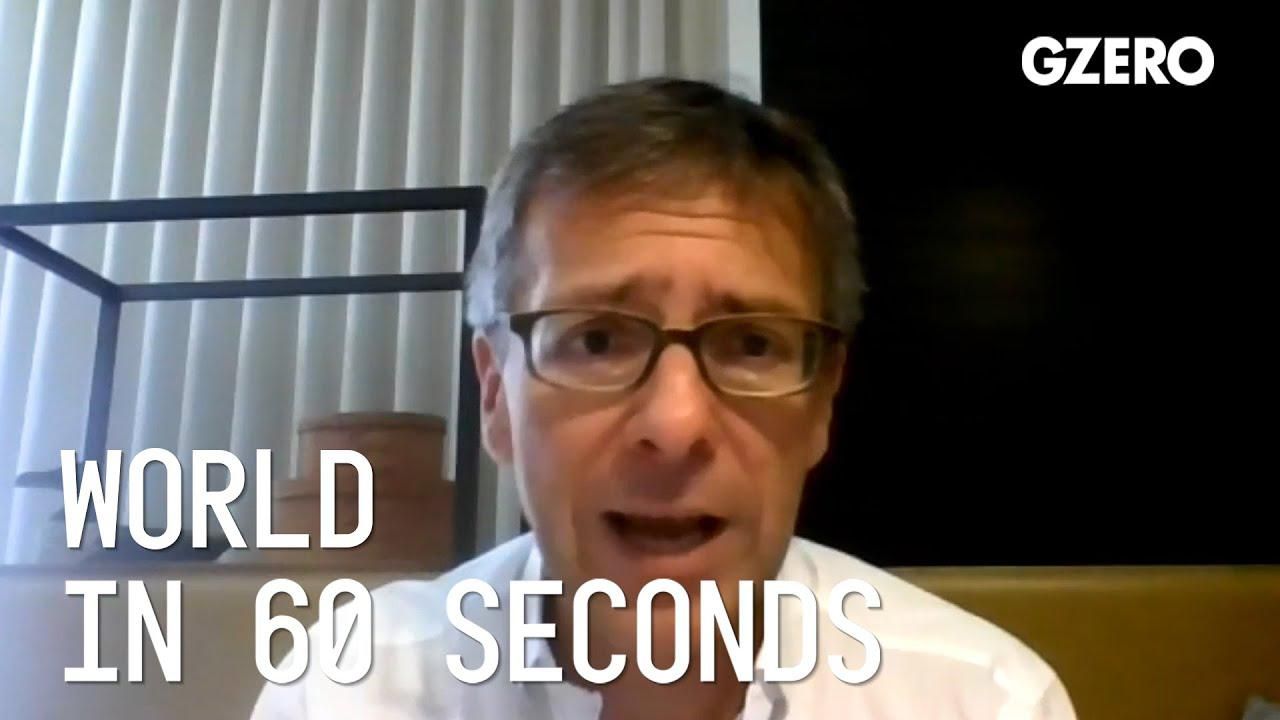Ian Bremmer shares his insights on global politics this week from Washington, DC, with a look at the upcoming Biden/Merkel meeting, Haiti in crisis, and the ongoing protests in Cuba.
Biden is hosting Angela Merkel in Washington this week. What's on the agenda?
Most important is going to be China. That's not what the headlines are right now. They're all talking Nord Stream and cybersecurity and all that. But the reality is Biden wants to coordinate China policy with his top allies. He's had a lot of success with Japan. He's had success with South Korea. Those are the first two leaders to have been invited to Washington. He's probably going to have some success with Angela Merkel as well, because there is increasingly backlash against Xi Jinping and his efforts to consolidate a Chinese model, vaccine nationalism, lack of transparency on origins of the crisis, and all this kind of stuff. Technology hits, not allowing companies to IPO abroad. The Germans are angry too. And I think that is going to be the top issue they discuss.
A week after the assassination of Haiti's president. What's happening there?
Country is in complete disarray. The military basically is running the place by default right now, but they don't have control. Gangs are running all over the country. And the Haitian government, such as it is, is asking for international intervention, peacekeepers from the United States and others. The good news is that if the US were to provide some support, pretty much every other country in the Western Hemisphere would support it and probably many would participate. So it doesn't have to be American intervention by itself. Clearly, they also need humanitarian support and jabs. There have been no vaccinations on Haiti so far. Real problem for that country.
What sparked Cuba's recent protests? The biggest in decades.
Well, it's a combination of the biggest economic and healthcare crisis in decades and the government that's been really badly run under dictatorship, and stepped-up US sanctions. In the last year, there's been no tourism to Cuba. They haven't had money to put into actually developing the sugar crop, which has meant that that's underperformed too. They don't have any money. Venezuela's not providing support like they used to because they've collapsed. The Russians don't really care. So you've got thousands of people demonstrating around the country, and it is possible that the government will fall. They have enough military capacity to shut down these demonstrations, but they want to be careful about not killing a bunch of people in the streets because that could really blow up in their faces. So worth watching carefully.
- Protests in Cuba. How will the US respond? - GZERO Media ›
- Is Haiti a failed state? - GZERO Media ›
- Europe's "clear vision" for relations with China is one-sided - GZERO ... ›
- Europe after Merkel resigns - GZERO Media ›
- US & allies unite against China's cyberattacks - GZERO Media ›
- Merkel's White House visit will have symbolism and substance - GZERO Media ›
More For You
On GZERO World, IMF chief Kristalina Georgieva explains to Ian Bremmer why the global economy—and even the eurozone—is proving more resilient than expected.
Most Popular
At the 2026 World Economic Forum in Davos, GZERO’s Tony Maciulis spoke with Ariel Ekblaw, Founder of the Aurelia Institute, about how scaling up infrastructure in space could unlock transformative breakthroughs on Earth.
Who decides the boundaries for artificial intelligence, and how do governments ensure public trust? Speaking at the 2026 World Economic Forum in Davos, Arancha González Laya, Dean of the Paris School of International Affairs and former Foreign Minister of Spain, emphasized the importance of clear regulations to maintain trust in technology.
Will AI change the balance of power in the world? At the 2026 World Economic Forum in Davos, Ian Bremmer addresses how artificial intelligence could redefine global politics, human behavior, and societal stability.
